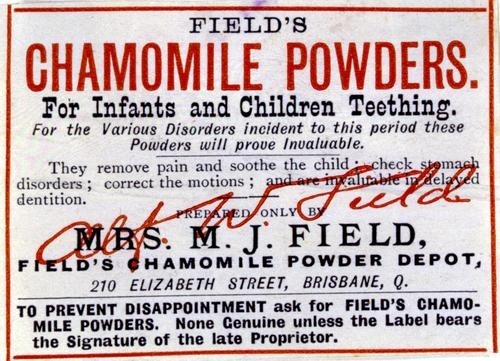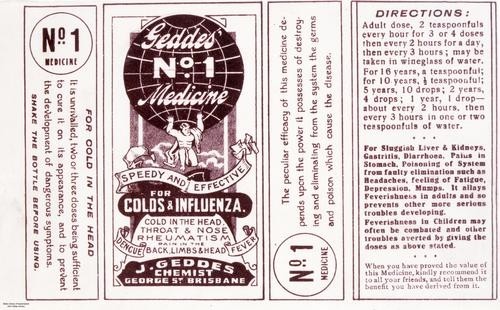We are often faced with decisions to make regarding our health, whether for general wellbeing, dealing with a temporary illness or managing an ongoing health concern. When it comes to alternative therapies, it can be overwhelming trying to separate marketing hype or fanatical claims from facts.

I am one of approximately 80,000 students undertaking the University of Queensland’s online course Think 101x: The science of everyday thinking. This fascinating programme examines people’s everyday thinking, why we believe what we do, how we form opinions, and how we can learn to think more analytically and methodically to make better decisions in our lives.
A recent episode of the course looked at health claims and how to make sense of the extensive array of alternative medicines and treatments on offer today. Rather than simply relying on our own experiences or the beliefs of those around us, we need to critically examine information to make truly informed decisions. A reference tool recommended in the course is the Cochrane Library, which offers reliable and current information on the effectiveness of interventions in health care. It examines scientific experiments performed on a wide range of therapies, including alternative and complementary medicine, covering treatments such as herbal remedies, acupuncture, meditation and light therapy.
The database lists experiments that have been carried out in relation to particular treatments, analyses and interprets the results, and provides a plain language summary of whether or not each therapy is supported by scientific evidence.
The plain language summary includes information on how many experiments have been conducted, the number of participants involved, the validity of the investigations, and the risk of bias in any of the studies (this depends on who carried out the experiments and any interests they may have in obtaining certain outcomes).
Some examples of the types of treatments examined are:
- The effect of green and black tea in the prevention of cardiovascular disease.
- The use of St John’s Wort for treating depression.
- The effectiveness of melatonin for the prevention and treatment of jet lag.
You can access the Cochrane Library through State Library of Queensland’s One Search, by viewing the alphabetical list of all databases, or the list of health and medicine databases.
If you need help locating any health related information, you can also Ask us.

Comments
Your email address will not be published.
We welcome relevant, respectful comments.